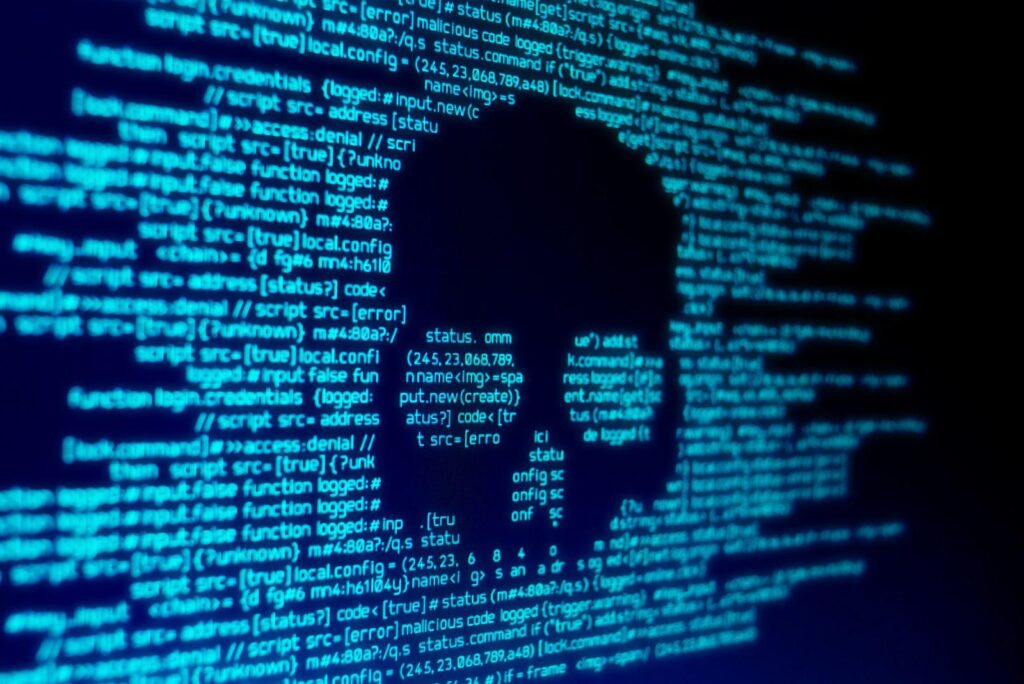Your PC is one of the places where you store a lot of important or personal data. Even if you do not store a lot of stuff on your hard drive, simple activities such as banking and shopping online can still offer precious information to potential hackers.

A virus or spyware infection is almost sure to happen if you are always connected to the internet. In order to not compromise your safety, below are some tips to ensure that you can keep off any intrusions. This can actually be achieved easily, simply by installing reliable software and following a few quick steps:
Turn on your Firewall
Your personal information can be protected with the use of a firewall. If you can use a router, then this is the best option. Using a firewall or a router can help your computer remain protected against all sorts of viruses. Port scanning is one of the methods to hack a PC, but it can be blocked when a router is used. When there is a router installed, hackers would be forced to waste extra time to get into your PC and by-pass the router, which is not really worth it especially considering that they don’t know if the information on your PC can be of any use to them. Most of the times, the OS comes with a firewall, if not then you need to install one. You can find lots of reputable companies offering firewalls.
The Antivirus Program
Simply put, a firewall is not enough to stave off all viruses. The antivirus is another component that is required to protect your computer from potential infections. When one is installed, your computer has protection running in the background and safeguarding it against any possible threats. All malicious codes can be detected, and can be quarantined or removed altogether from your system. Using one of the products offered by an Antivirus can make your task easy, as this is a reliable company. When you have antivirus software installed, ensure that you keep it updated, or choose a new one if your existing software is not very useful or easy to use.
Antispyware
Spyware lets hackers know all of your activities on the computer. Sometimes, when unwanted pop-ups appear in the browser, it is because the spyware on your system collects that info and sends it to unwanted recipients. Free spyware protection is offered by many software packages, but you can also download antispyware programs individually if your preferred antivirus does not have one. There are a lot of choices when it comes to internet security software, many of which are available for very low prices. But you need to make the right choice, as there are many knock-off products out there.
Keep the OS Updated
You need to keep your OS updated too, and this is vital if you want to fix potential security vulnerabilities. Installing the OS and then updating it regularly is also crucial in ensuring that the computer has the latest security protection.
Be Very Careful with Downloads
Many people download whatever they come across. This is entirely wrong. Most of the times, a virus is circulated through seemingly harmless emails or ads. When you see phishing emails, do not consider them only a fraud to extort money out of unsuspecting victims, but also a threat to your computer’s security. You need to scan any documents or programs when you download them. Email services will often offer free scanning of documents before they are downloaded.
Shut Down the PC
You need to turn off your computer when you are away. There are lots of internet connectivity options that are very fast, and when you leave the PC on, unforeseen attacks could make your system unstable and more vulnerable to threats.